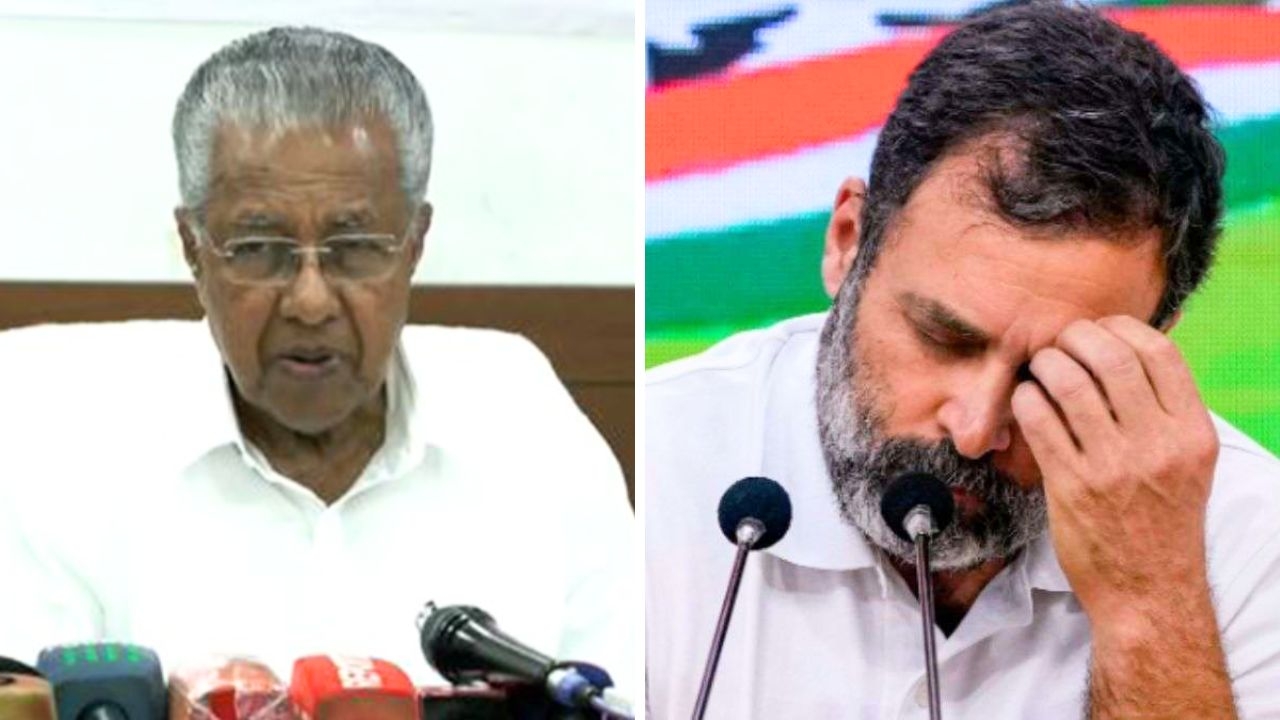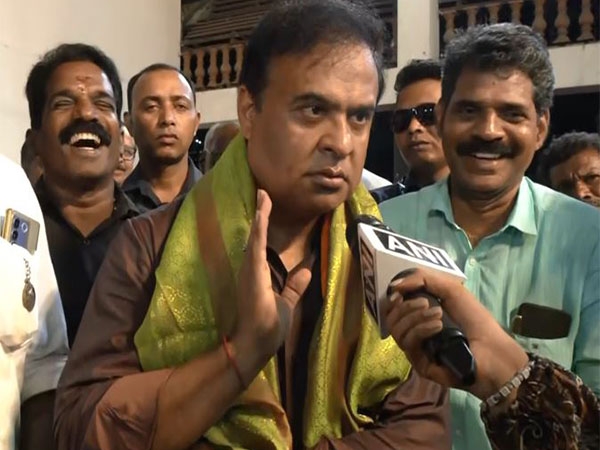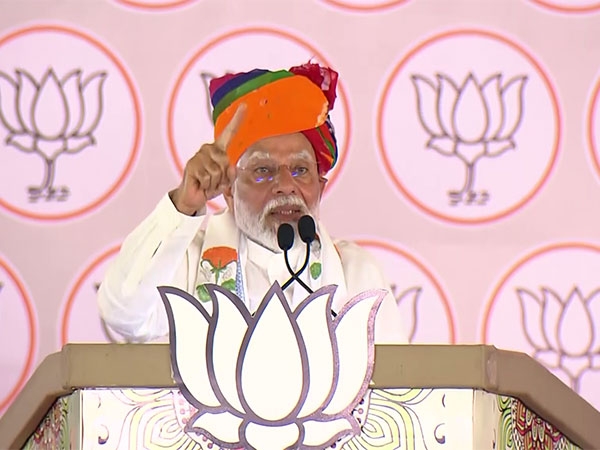Will judges ever be accountable? Govt's new Bill ensures they won't
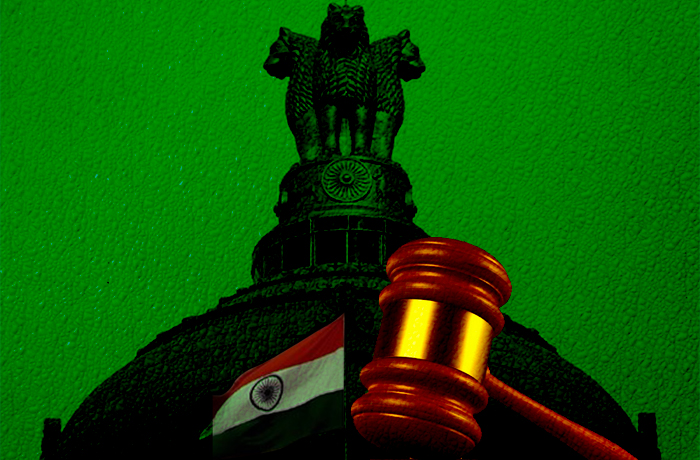
The revival
- The Union government had shelved the Judicial Standards and Accountability Bill last year
- It\'s now planning to bring it back, giving rise to hope that judges will finally be accountable
The proposals
- The govt proposes to set up an Oversight Committee to probe charges against judges
- However, under the current Bill, this committee will also be full of judiciary members
More in the story
- Why the judiciary has always and will continue to resist accountability
- How the Bill actually enshrines secretiveness
The Union government has begun fresh talks to revive the Judicial Standards and Accountability Bill, which it had put on the backburner in February last year.
This may give rise to hope that India's judiciary will finally get a much-needed dose of accountability. But one only needs to scratch the surface to know that any such hope is unfounded.
Also read - 'Landmark' or 'unconstitutional': reading the SC verdict on NJAC Act
The actions of the government as well as the judiciary attest to this. While the government strategically refuses to act against certain judges (like former Chief Justice of India KG Balakrishnan), the judiciary will continue to find ways to stonewall probes into any misconduct or misdemeanour charges.
Principal problem with the Bill
Till now, all complaints against judges were probed by an "in-house mechanism"devised by the Supreme Court in a 1995 ruling, which involved serious corruption charges against the then-Chief Justice of the Bombay High Court.
This essentially meant that only judges would probe judges. And since there was no scope for any external scrutiny, and because the judiciary is a very close-knit institution, few complaints were entertained, and none were investigated.
The Bill seeks to break this stranglehold by establishing an Oversight Committee. It will have on board the Chief Justice of India, a sitting judge of the apex court, the Chief Justice of a high court, the Attorney-General of India and an eminent person nominated by the President.
Also read - Low bar: why a PIL wants ex-CJI Balakrishnan probed for graft
However, some eminent jurists like Justice J.S. Verma, a former Chief Justice of India, have scoffed at this committee's potential and integrity, terming it as a 'judicial oligarchy' because the majority of the members would still be belong to the judiciary.
Hostility to transparency
Should judges of the high courts and the Supreme Court mandatorily have to declare their assets? This question is still yet to be decided, and given the attitude of the apex court itself, it does not seem likely to be resolved.
In 2010, the Supreme Court got its Registrar to appeal to itself against a Delhi High Court judgement, holding that the Chief Justice of India and other judges of the top court must disclose their assets.
Going by the basic tenets of judicial impartiality, can the Supreme Court decide a case involving its own members? No. Therefore, the appeal shall never be heard, and the apex court would continue to resist openness.
The Central Govt is planning to revive the Judicial Standards and Accountability Bill
The Bill also enshrines secretiveness. If you are part of the probe against a judge - whether as a witness or in any other role, whether you seek confidentiality or not - you will have to give an undertaking to the Oversight Committee, scrutiny panel or investigation committee that you won't reveal your own name or the judge being probed. You cannot divulge the contents of the complaint or any documents to anybody, including the media, without prior written approval of the Oversight Committee.
Even RTI applicants will not be able to access records, documents or proceedings of the investigation, unless the Oversight Committee thinks fit.
Hypocrisy on judicial misconduct
The hardest blow to any hopes from the Bill (if at all it is passed) is dealt by the judiciary itself. 'Judicial misconduct' is not limited to acts of corruption; sexual harassment also features prominently in the definition of the term.
But the judiciary's track record in investigating sexual harassment allegations against judges borders on the shameful.
The Bill seeks to establish an Oversight Committee to probe cases against judges
Last year, a three-member committee of high court judges declined to permit an investigation against a sitting judge of the Madhya Pradesh High Court. This, despite recording findings that the judge in question, accused of sexually harassing a Sessions Court judge, had acted in a way that hinted at culpability.
In 2013, the Supreme Court refused to take any action against one if its retired judges - Justice AK Ganguly, reasoning that since he no longer on the bench, it would be improper to haul him up. This came despite an apex court committee concluding that there was sufficient evidence against Ganguly, who was accused of sexual harassment on multiple occasions by an intern.
Independence vs accountability
Whenever there have been calls for judicial accountability, the judiciary has always expressed alarm, saying judicial independence would be in peril.
Last year, when the government established the National Judicial Appointments Commission (NJAC) - a body which could have ensured remarkable transparency in how judges are appointed, the Supreme Court held that it was unconstitutional.
If such is the attitude of both the government and the judiciary, there is virtually no hope that the Bill will tackle judicial corruption.
More in Catch - SC hears suggestions on collegium: what does it mean for the common man?
R-Day takeaway: Why the amended SC/ST Act matters
First published: 10 February 2016, 8:23 IST



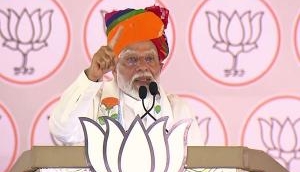


![BJP's Kapil Mishra recreates Shankar Mahadevan’s ‘Breathless’ song to highlight Delhi pollution [WATCH] BJP's Kapil Mishra recreates Shankar Mahadevan’s ‘Breathless’ song to highlight Delhi pollution [WATCH]](http://images.catchnews.com/upload/2022/11/03/kapil-mishra_240884_300x172.png)

![Anupam Kher shares pictures of his toned body on 67th birthday [MUST SEE] Anupam Kher shares pictures of his toned body on 67th birthday [MUST SEE]](http://images.catchnews.com/upload/2022/03/07/Anupam_kher_231145_300x172.jpg)


